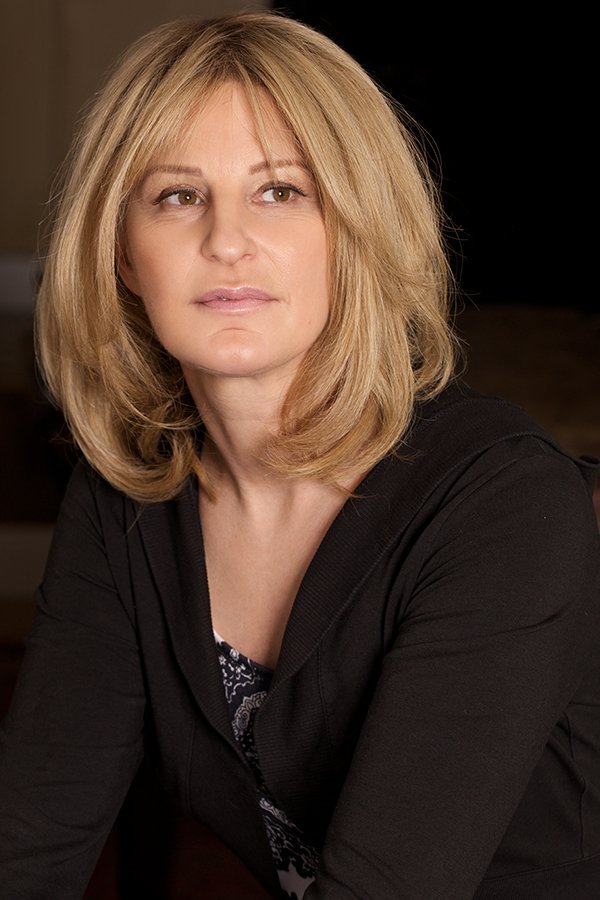I don't think I'd ever given much thought to loneliness before my partner died. If I had, I expect I would have confused it with aloneness. But loneliness, I have learnt, is not an absence of company. It is an absence of meaning.
My partner Tony drowned while we were on holiday in Jamaica with our two sons, Jake and Joe, in May 2014. He lost his life saving our eldest, Jake, when a riptide swept the four-year-old out to sea. For nearly two years now, we have been struggling to stay afloat without him, and the loneliness of grief has been a horrifying revelation. But the really surprising thing about being lonely is the frenzy of socialising it requires.
Heartbreak is not a convivial condition, and I have never had less desire for company, but nor have I ever seen more of my friends. Weekends have not been this hectic since I was an undergraduate. I happened upon an elegant explanation for this paradox in an interview with the children's author, Judith Kerr. "The problem with being widowed is not that there's nobody to do things with," she observed. "It's that there's nobody to do nothing with. You have to make some plan for the day, otherwise there's this shapeless emptiness."
A weekend can no longer be left to its own devices to evolve lazily, but must be exhaustively scheduled with a full programme of children's activities, and populated by an extended cast of extras. I live in terror of last-minute cancellations, so in addition must always be careful to line up a weekly Plan B of understudies, for left alone with my children I am afraid I can never be enough.
This has solved our problem of what to do at weekends. But it makes not a whit of difference to the sensation of loneliness itself. When the person you shared your life with dies, it's as if all meaning in your life vanishes too. The daily details of my existence still matter enormously to my children, but there is no longer an adult alive for whom they hold any material significance. It's amazing how many little things I've found I want to say, but which aren't worth picking up the phone to report to a friend. The things you would ordinarily only mention in passing as you unload the dishwasher turn out, I have discovered, to be as important as the big stuff. With no-one to tell them to, I can no longer locate myself in any shared narrative, and there are days when I feel as if I no longer exist.
Every day has become a transitory series of discrete experiences, because with no joint archive in which to be filed as memories they are simply discarded every night. Nothing is cumulative; I have lost my past. There is no future either, because I do not dare look further ahead than the next fortnight. I exist only in the moment - but not in a good way, not in the way therapists encourage. It feels like wearing a baseball cap pulled down very low, restricting vision to a semi circle six inches in front of my feet.
The advice I would offer to anyone who wants to help a loved one in mourning would be this. Do not offer to do something with them. Offer to do nothing with them.

